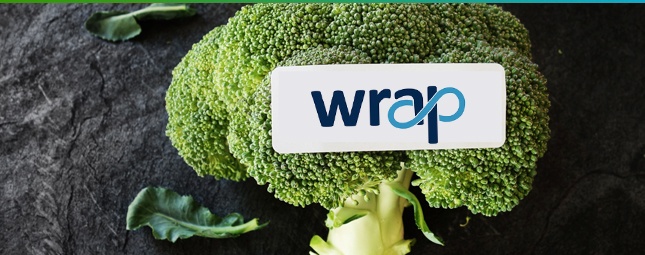WRAP’s Budget Should Grow, Not Shrink

We were disappointed by news this month that successive government budget cuts are forcing WRAP -- the UK’s Waste Resources Action Programme, a leader in the nation’s food waste prevention efforts – to cut 15 percent of its workforce. These cuts will result in a loss of roughly 25 positions and will force the organization to scale back its important work.
It is particularly disappointing in light of Prime Minister Theresa May’s recent unveiling of a 25-year environmental plan, which promised to further establish the UK as a global environmental leader. It also put WRAP in charge of leading the government’s fight against plastic waste, work that will surely be curtailed.
LeanPath has been fortunate and proud to partner with WRAP on food waste projects over many years. Our CEO Andrew Shakman was part of a team WRAP convened to develop the pivotal multi-stakeholder driven Food Loss and Waste Protocol. We are currently working with them to develop food waste reporting and measurement guidelines for the hospitality industry, and assisting in other areas as well.
This is not the direction we need for organizations like WRAP that seek to lead the transition to a circular economy. WRAP was formed in 2000 as a charitable organization to work with all manner of stakeholders (businesses, governments, communities, and other NGOs) to develop solutions to improve resource efficiency. Its mission is to “accelerate the move to a sustainable, resource-efficient economy” by re-inventing how we design products, re-thinking how we use and consume them, and re-defining how they can be used and recycled.
WRAP’s mission syncs directly with the UN’s Sustainable Development Goal 12, which calls for ensuring sustainable consumption and production patterns. It also aligns perfectly with LeanPath’s vision of ending avoidable food waste and our mission to make food waste prevention easy.
In many ways, WRAP is an example of exactly the type of organization that we need to address the global resource and environmental challenges of our time. Working primarily in three core sectors (food and drink, clothing and textiles, and electronics), WRAP has proven to be extremely effective at forming partnerships between sector leaders, conducting focused research, and delivering impactful reports and campaigns around responsible resource usage.
WRAP studies have shown that the UK generates roughly 10 million tonnes of food waste annually -- of which 60% is avoidable. By raising awareness of the scale of the food waste problem, and by developing various communication materials, guidance documents, tools and campaigns (such as Love Food, Hate Waste) as resources for all, WRAP has been a pivotal force in advancing the food waste reduction movement not only in the UK, but in Europe and around the globe.
The May administration’s underfunding of WRAP ignores the long term economic benefit of reducing food waste – which is considerable. As WRAP and WRI established in a 2017 report entitled The Business Case for Reducing Food Loss and Waste, investments in food loss and waste reduction result in a 14 to 1 payback.
We need more from WRAP, not less. And we need more WRAPs around the globe.
